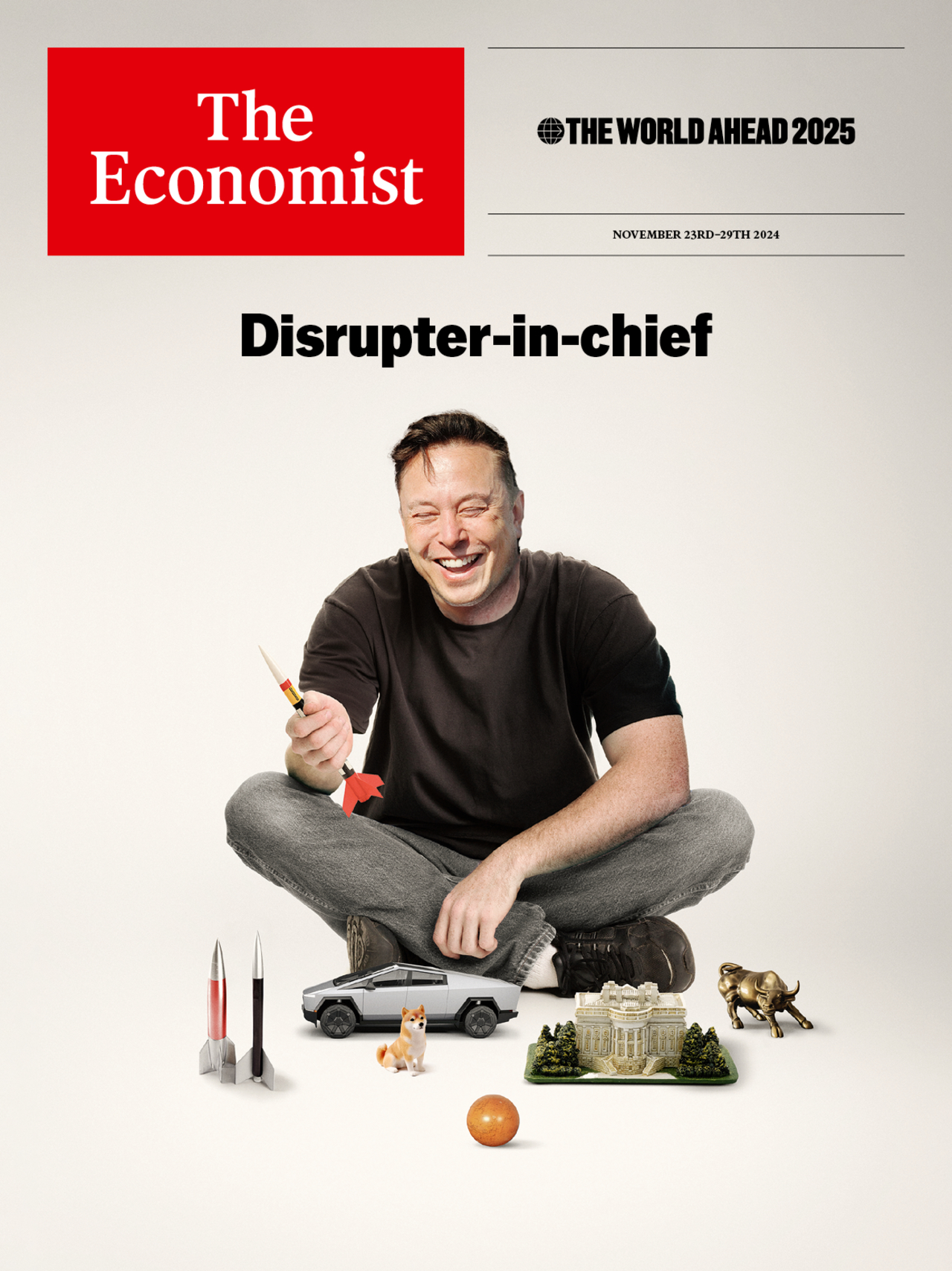Google Faces Backlash Over Glitch on Election Day
On November 5, 2024, a technical hiccup from Google raised eyebrows across the nation, inadvertently showing polling locations linked to Kamala Harris instead of Donald Trump. The glitch occurred when users searched for where to vote for “Harris,” displaying locations in Harris County, Texas, while searches using Trump’s name yielded no results. This incident, rife with implications, underscores the precarious intertwining of technology and democratic processes.
Google’s election mishap caught user attention.
What Happened?
The event has been deemed a glitch by Google’s team, who swiftly noted on social media that the issue was being addressed. Nevertheless, many users, still affected by the glitch, voiced their frustration. A chorus of criticism emerged, with accusations of election interference echoing through social platforms. It’s concerning when a tool designed to facilitate public engagement in democracy potentially obscures it instead.
Google attempted to downplay the scale of the issue, arguing that only a limited number of users searched for polling places using that specific phrasing. However, the ramifications of such errors cannot be understated. Our dependency on tech giants for essential information places significant responsibility on them, especially during critical events like elections.
“A major tech company influencing voter behavior unintentionally is still influencing, isn’t it?”
As a concerned citizen and avid tech user, I found myself wondering how such a slip could go unnoticed in a heavily monitored digital landscape. After all, Google boasts advanced algorithms designed to deliver precise information instantaneously. Could it be that the algorithms are inherently flawed, or is there a deeper, more disturbing trend at play?
The Reaction from Social Media
The backlash on social media was swift. Angry users articulated their suspicions and fears concerning potential election manipulation. One poignant tweet encapsulated the sentiment, stating, “In other words, you got caught red-handed in one of your MANY election interference schemes…” This reaction highlights a growing distrust of tech companies, especially their unyielding influence in the political sphere. The blend of technology and democracy is not just a topic for debate; it’s now a matter of public concern.
Public reactions surfaced online, sparking further conversation on tech impacts on elections.
A Call for Responsibility
It’s time for tech giants like Google to reassess their responsibilities carefully. When tech tools become the primary means of accessing essential civic information, they must operate flawlessly. This incident reveals systemic vulnerabilities that require immediate attention. As citizens, we deserve reliable, impartial resources that empower our participation in democracy rather than confuse it further.
It’s troubling that a straightforward search could inadvertently lead to misinformation — or at least a misrepresentation of the electoral landscape. If tech companies are to continue acting as gatekeepers of information, they must prioritize accuracy during critical moments.
Conclusion: What’s Next?
This election day mishap shouldn’t just be seen as a singular error. It’s indicative of the growing intersection between technology and politics. For many, it has ignited a conversation about the roles we allow technology to play in our lives and our representatives. If tech companies wish to regain trust, they must take purposeful steps to ensure transparency and reliability.
As we move forward, let’s hold technology to a higher standard—one that recognizes that the stakes are, indeed, high when democracy is on the line.
In closing, may this issue serve as a catalyst for broader discussions around technology’s role in networked societies, where every search, every click, could potentially influence the democratic process.


 Photo by
Photo by 











